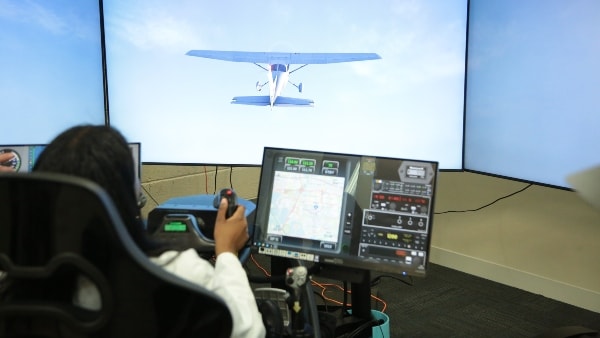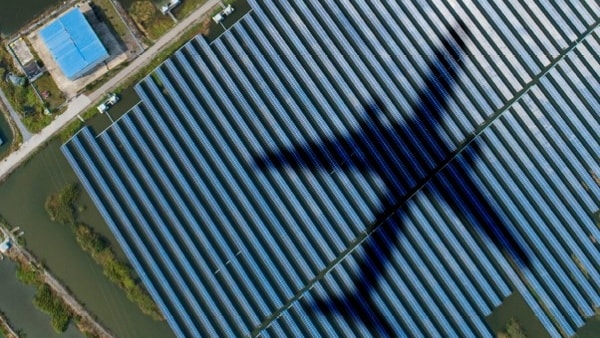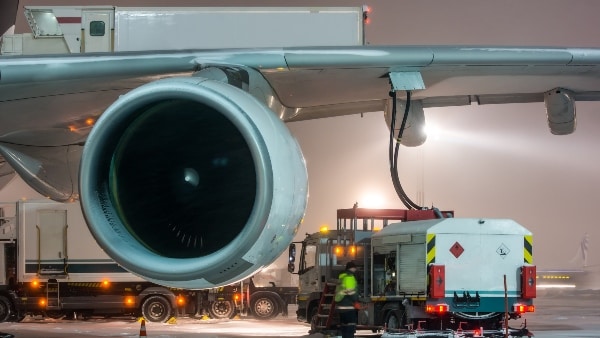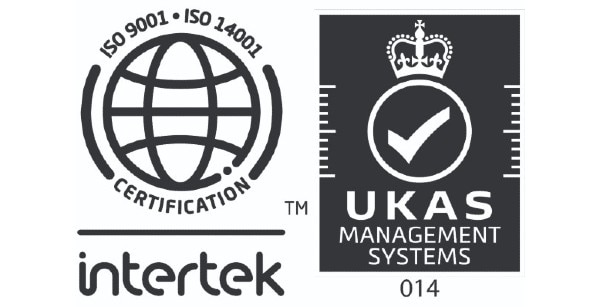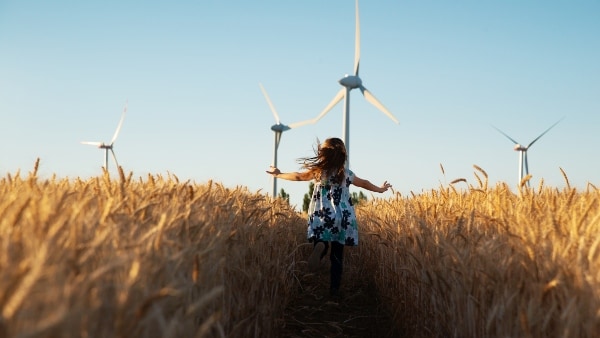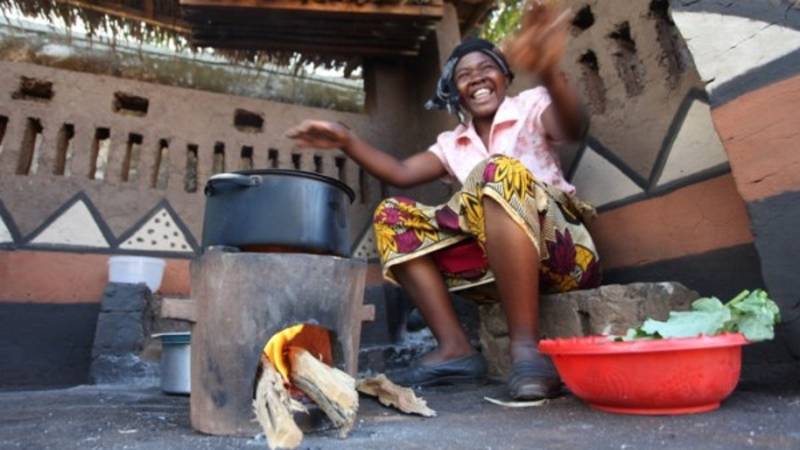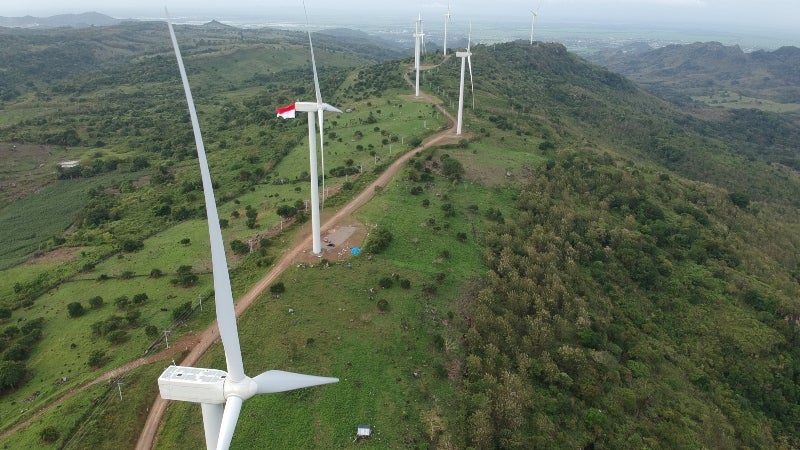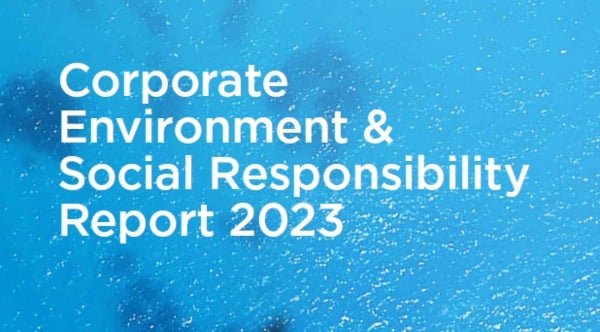SUSTAINABLE AVIATION FUEL (SAF)
The Aviation Industry has been investing in research around more sustainable fuel options for a long time, and it is one of the best short term options to significantly reduce the industry’s carbon footprint. Instead of being refined from petroleum, it instead is produced from sustainable resources such as waste oils from biological origins, agri residues, or non-fossil CO2, and is very similar in its chemistry to the traditional fossil jet fuel.
We have also been investigating being able to offer our customers a “Book & Claim” scheme, whereby customers are able to purchase SAF for their flight, however it would actually be used by another airline from locations where it is available. Unfortunately, there is no current scheme with transparency or that is monitored or regulated, hence at this time we are not comfortable to offer this solution to our clients, however we continue to monitor any advancements made in this area.


